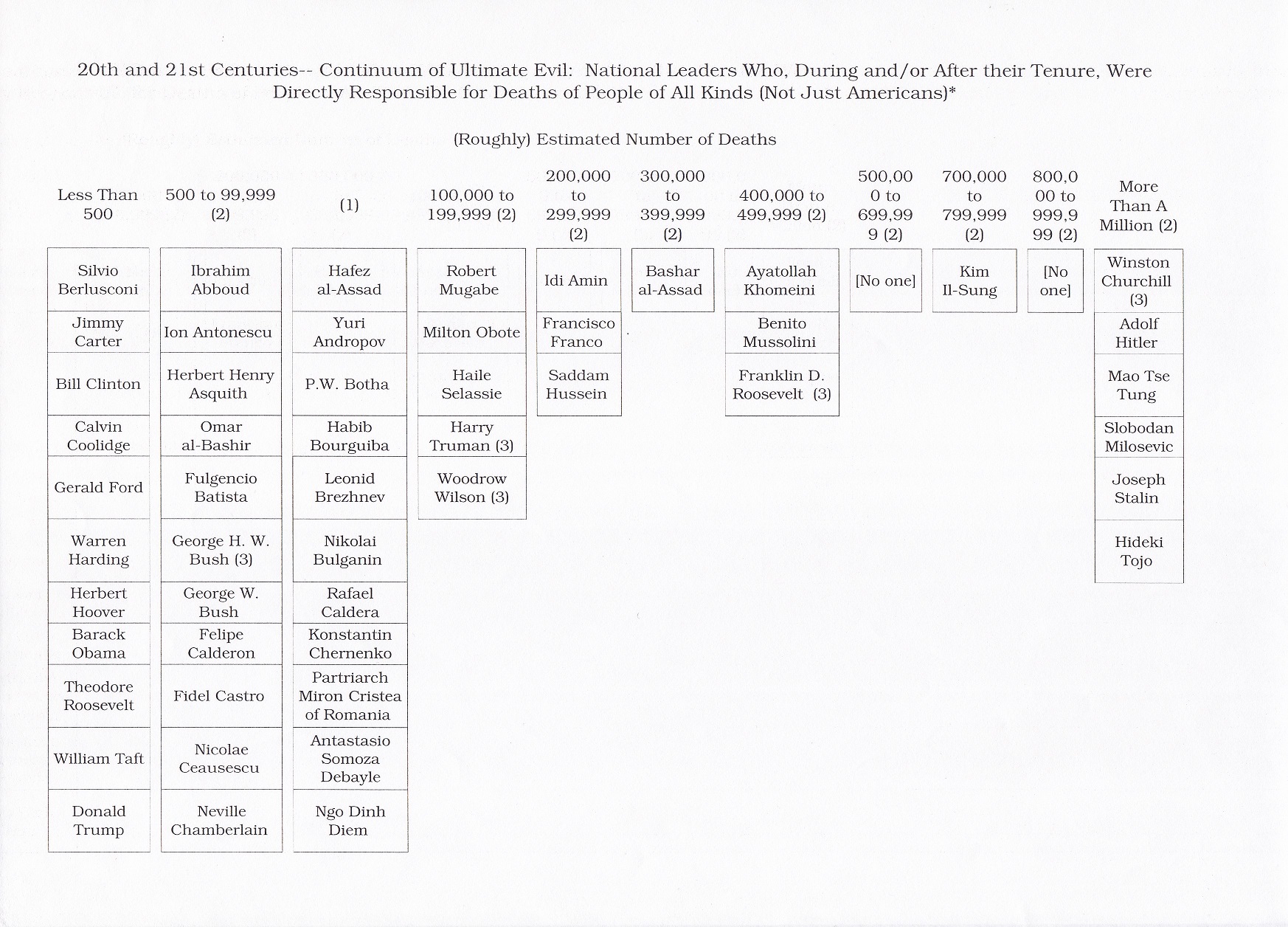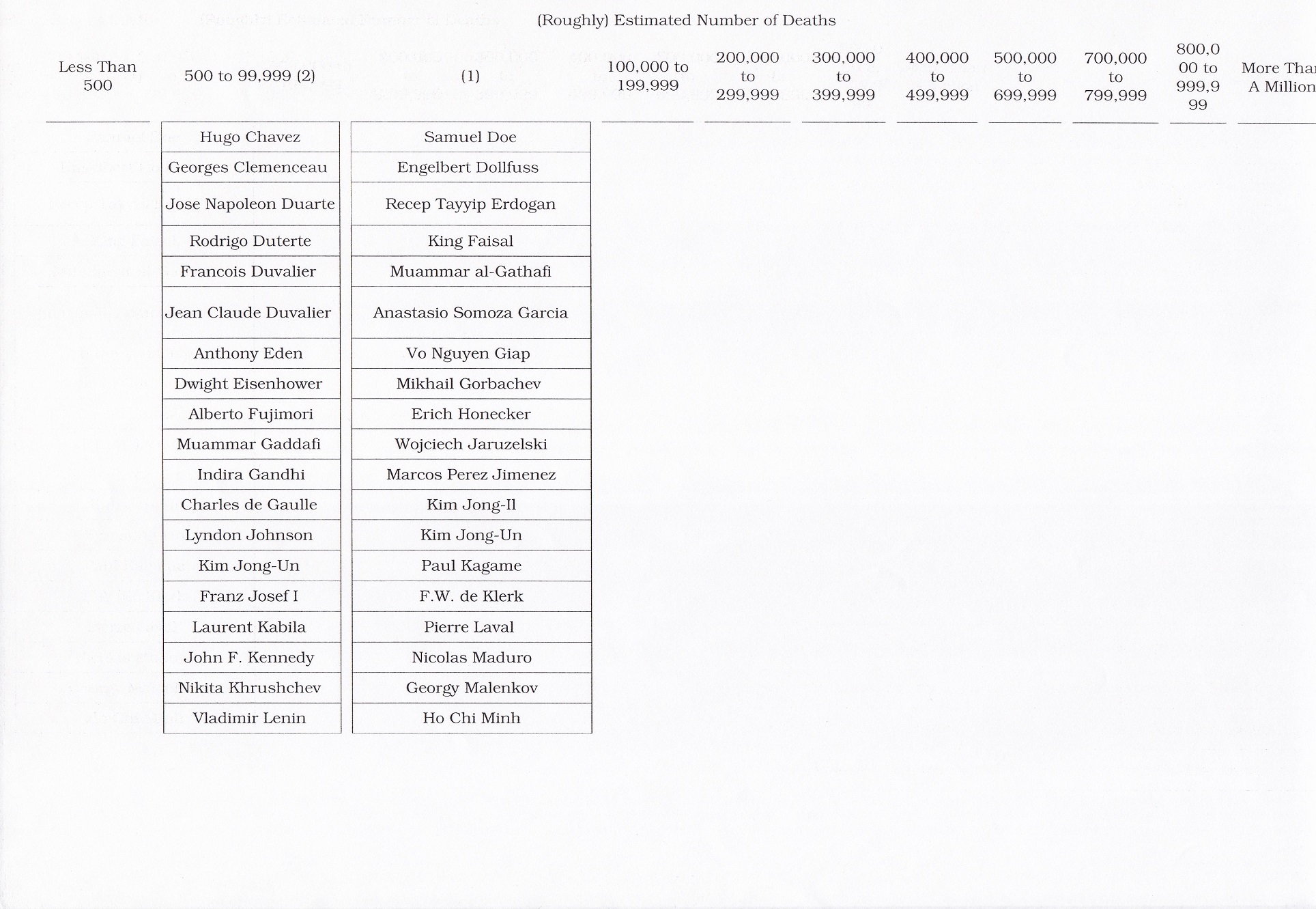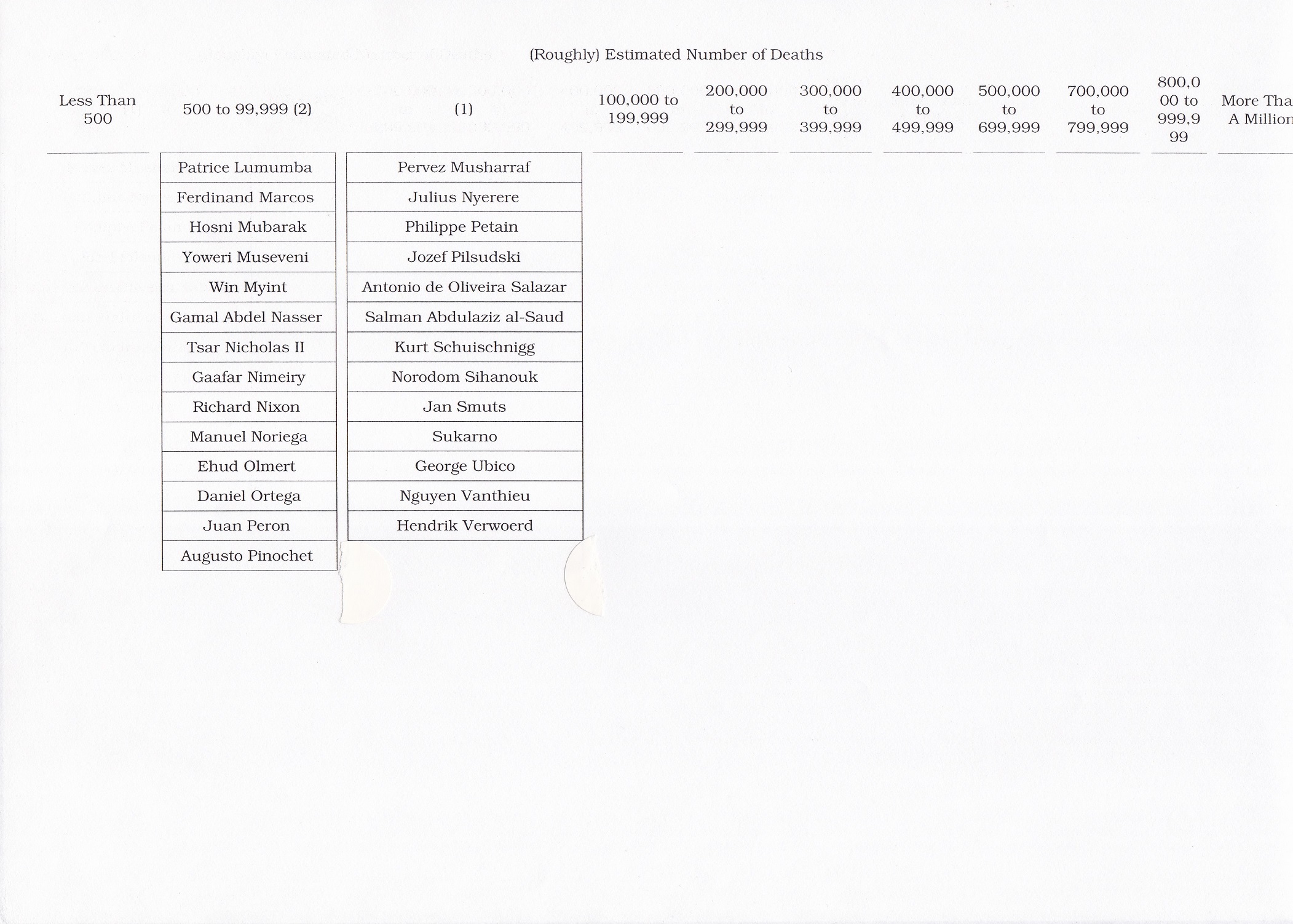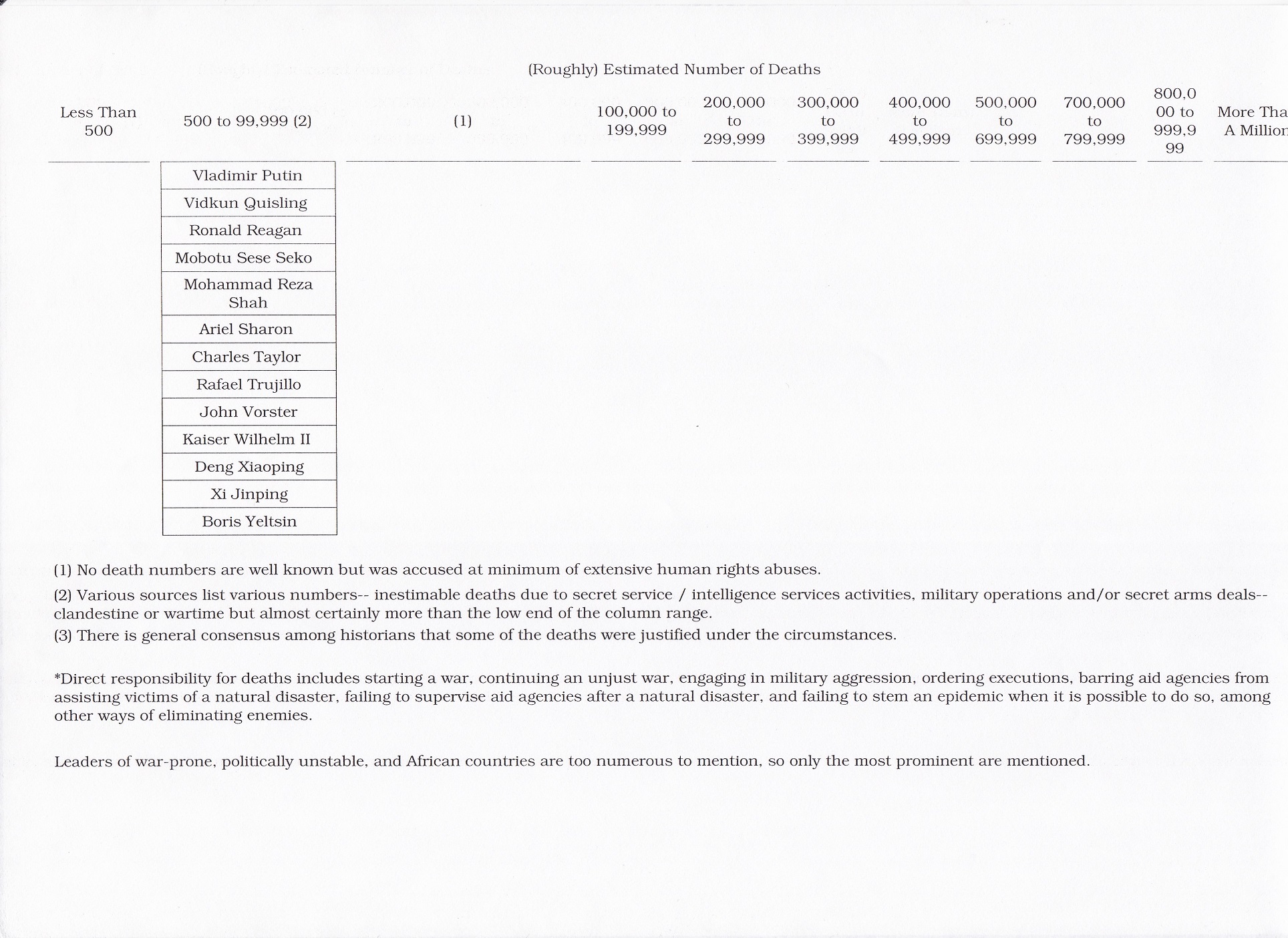[Please note: The word “Featured” on the left side above was NOT inserted by this blogger, but apparently was inserted by WordPress, and it cannot be removed. NO post in this blog is sponsored.]
The Book of the Week is “Kissinger, A Biography” by Walter Isaacson, published in 2005.
Kissinger was born in May 1923 in an eastern suburb of Nuremberg. His ancestors came from Bavaria. When he was in his teens, his family arrived in America. Toward the end of WWII, Kissinger served in the U.S. Army Counter-Intelligence division, engaging in diplomacy to de-Nazify a whole region of suburbs in Germany.
In 1951, Kissinger recruited tens of foreign-nationals and licensed-professionals for the Harvard International Seminar– a summer multi-disciplinary program featuring lectures and field trips that was later revealed to be a front for the CIA. Kissinger amassed a vast social network from the program. He had superior social-climbing skills, appealing to his betters (who were just as egotistical as he was) with flattery, but fiercely competing with colleagues of status equal to his own.
Kissinger always argued that injustice and order (a benign dictator) was preferable to justice and disorder (a revolutionary environment or anarchy) in a nation. He felt the purpose of a summit wasn’t to get a monstrously brutal leader to change his ways, but rather, to: reassure allies, get on the good side of neutral nations and show the world one’s own civility. Yet he was always listening to all sides in a debate in order to get them to agree with him.
Kissinger achieved full tenure at Harvard University in 1962. Less than a decade later, he served as a very close aide to president Richard Nixon. Just as parties are thrown to annoy those who aren’t invited, at the dawn of the 1970’s, the Nixon White House consisted of socially manipulative cliques who kept one another out of the loop of their own furtive meetings, memos and covert operations. The Nixon camp loved secrecy and tried to stop information from leaking to the press with their “plumbers.”
The president ordered that a total of seventeen secret FBI wiretaps be placed on the home telephones of high-level employees of his administration for as long as nearly two years for some, beginning in 1969. In 1973, when the media exposed this spying operation, Nixon claimed he alone authorized it. But Kissinger– a drama queen– had incited the emotional environment that led Nixon and his subordinates to commit the crimes they did.
In 1971, Kissinger participated in clandestine meetings with the Chinese government to invite trade with the United States, and change China’s mind on its claim on Taiwan. The U.S. was reducing its military presence in Vietnam, and saw that the Chinese and Soviets weren’t getting along. Thus, extending an olive branch to China was a supposedly geopolitically brilliant move on Nixon’s part.
If America got friendly with the Chinese (contradicting Nixon’s previously vicious anti-Communist stance), and negotiated arms reductions with the Soviets– America would stave off nuclear war with them, further weaken the alliance between China and the U.S.S.R., and get an economic boost.
China’s officials began the talks by requesting that the Americans tell them the issues thought to be deal-breakers. This saved a lot of time, as the Chinese considered Taiwan a minor issue and weren’t going to budge on it. They both secretly used Pakistan as an intermediate messenger. As a result, the Soviets got friendly with India. That turned into a cluster screw-up.
Kissinger could dish it out but he couldn’t take it. He became infuriated when Nixon’s aide, John Ehrlichman told him that a spy ring had been stealing documents from his office and leaking them to the press. Kissinger’s self-delusion was most cringeworthy on Vietnam. He rationalized the war’s aims, attempting to persuade ordinary Americans that the decade-long colossal human waste wasn’t the result of several alpha males’ stubborn insistence on America’s involvement (plus in Cambodia and Laos). In other words, Kissinger couldn’t admit that at least hundreds of thousands of people died for nothing.
One Bertrand Russell quote in connection therewith bears repeating:
“There is something feeble and a little contemptible about a man who cannot face the perils of life without the help of comfortable myths. Almost inevitably some part of him is aware that they are myths and that he believes them only because they are comforting. But he dare not face this thought! Moreover, since he is aware, however dimly, that his opinions are not rational, he becomes furious when they are disputed.”
There is nothing new under the sun. The media flip-flopped insofar as their stories on Kissinger brought them ratings and sold newspapers. In mid-October 1972, less than a month before Nixon’s reelection day, the New York Times and Newsweek celebrated Kissinger as he claimed to have achieved agreement on a peace treaty with North Vietnam from his confidential peace talks in Paris. He himself reveled in the glory of saving the world.
In December 1972, the seasoned propagandists turned around and labeled Kissinger a war criminal (which they should have been doing all along!) after he was found to have completely excluded the South Vietnamese leader from the agreement-announcement. Kissinger pretended to be outraged that Nguyen Van Thieu refused to sign the treaty. But the treaty’s wording hadn’t said what Van Thieu had agreed to.
Kissinger used the emotionally-charged, last-minute discord as an excuse to urge Nixon to order the resumption of America’s bombing of the North Vietnam capital Hanoi, and Nixon did. More than a thousand additional U.S. servicemen and civilians lost to history, died needlessly. Not unbelievably, given the fallibility and gullibility of human beings, in autumn 1973, Kissinger and Le Duc Tho were awarded the Nobel Peace prize.
In sum, Henry Kissinger achieved name-recognition in numerous communities of American life, in the following order: academia, presidential politics, foreign affairs, Hollywood, big business, and jet-set society.
As an aside, Donald Trump achieved name-recognition in the following, in the following order: big business (as a matter of inheritance), jet-set society, Hollywood, and then presidential politics. He hasn’t been all that competent in foreign affairs and academia, though.
Additionally, Trump bears many similarities to Nixon. Trump:
- has a sidekick in Elon Musk as Nixon had a sidekick in Kissinger.
- alternates between deep insecurities and megalomania.
- appoints largely white alpha males in the White House (with a few white females thrown in).
- was directly or indirectly responsible for sending to jail– almost every legally-troubled individual with whom he associated.
- has a major goal of wreaking vengeance on his political enemies, using hush money when necessary.
- claims attorney-client relationship and executive-privilege to weasel out of legal trouble.
- projects the image of the outsider, and excessively exhibited mean-of-spirit, obnoxious behavior, but adjusted his image to become somewhat like the “new” Nixon in order to make a comeback.
It seems that Trump’s inauguration is going to be like the 1945 Yalta and 2024 Davos conferences. On steroids. Here’s a little song about the situation.
INAUGURATION
sung to the tune of “Revolution” with apologies to the members of The Beatles, and their estates, and whomever else the rights may concern.
Trump’s gonna have an in-au-gu-RA-tion,
well, you know,
in 2017 he insulted the world.
It’s a see-and-be-seen cel-e-BRA-tion,
well, you know,
his frat boys will rule the WO-ORLD.
And if he goes through with DE-portations,
he’d have to kick his own family OUT.
You know he used to be,
all-fight, all-fight, all fight.
He says he’s got resolutions,
well, you know,
it’s called Project 2025.
Billionaires make contributions,
well, you know,
they’re keeping Trump’s image a-LIVE.
Big tech and media have money for people
who SPREAD around hate.
For a grown-up Vance,
we’ll just have to WAIT.
And you know he used to be,
all-fight, all-fight, all-fight.
Trump gets to interpret the Consti-TU-tion,
well, you know,
he owns most of the Supreme-COURT.
It WAS a respected insti-TU-tion,
well, you know,
He’ll pardon THEM as a last resort.
He’s getting friendlier with the world’s tyrants NOW.
Don’t worry,
he’s losing his mind, anyHOW.
And you know he used to be,
all-fight, all fight, all fight,
all-fight, all fight, all fight,
all-fight, all fight, all fight,
all-fight, all FIGHT!
Anyway, read the book to learn much, much more about how Kissinger prolonged his name in history due to his self-absorbed attention whoredom; about how his dishonesty shaped America’s never-ending, extremely complex political, ideological, cultural and economic controversies over its “detente” versus “might-makes right” mentality with regard to the Soviet Union, Soviet Jewry, Israel, global trade, human rights, weapons stocks, neocons (the description of which was murky), the Portugal/Angola mess, etc.



